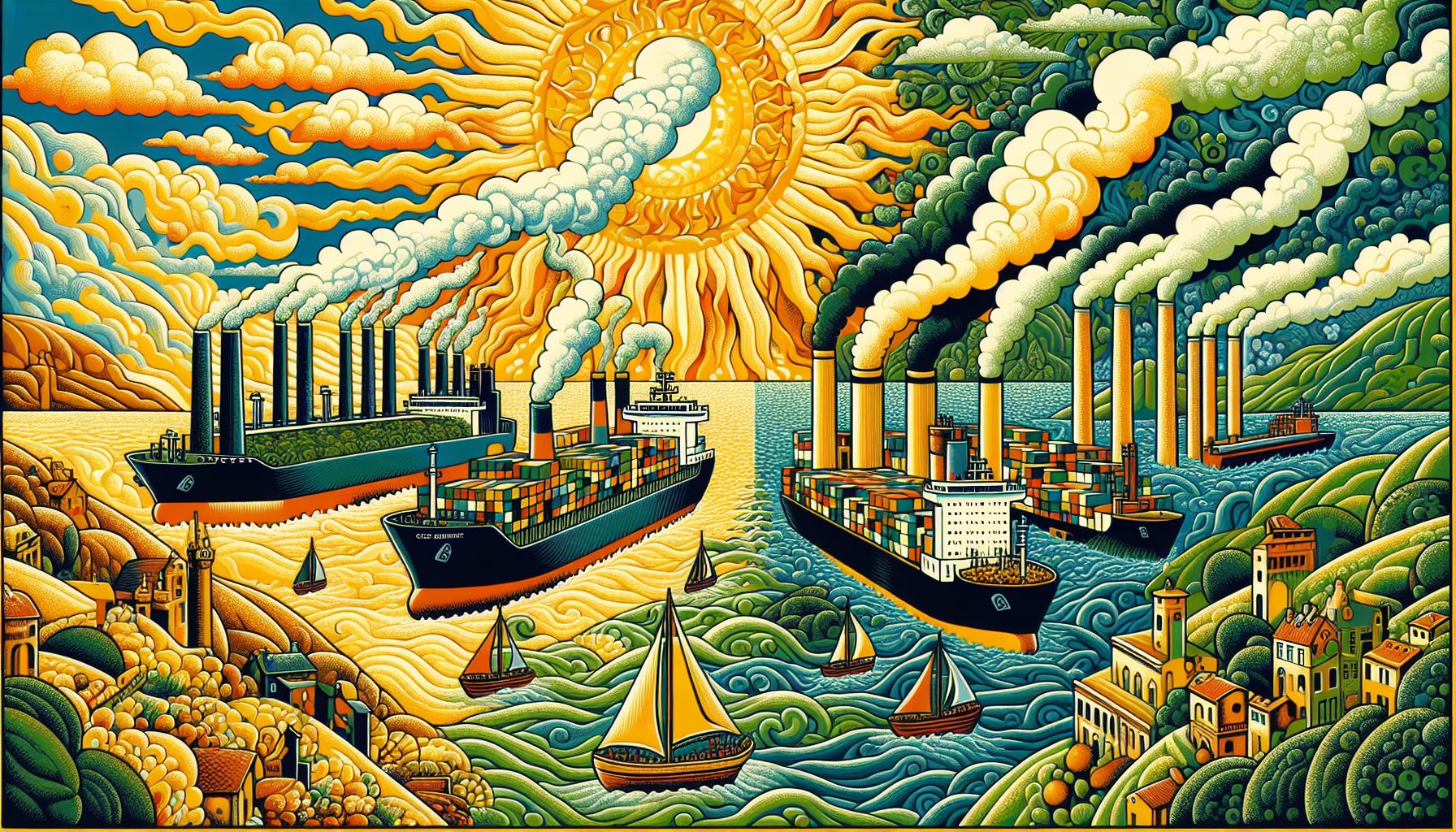Tata Steel and ECOLOG Partner on Green Hydrogen Import from Norway

Amsterdam, Friday, 15 November 2024.
Tata Steel Netherlands and ECOLOG are exploring a trade corridor to import green hydrogen from Norway and export CO2 for storage. The initiative aims to reduce carbon emissions in steel production and strengthen Dutch-Norwegian energy cooperation.
A Strategic Partnership for a Sustainable Future
Tata Steel Netherlands and ECOLOG have embarked on a pioneering project to establish a green hydrogen and CO2 trade corridor between Norway and the Netherlands. This initiative is part of a broader effort to reduce carbon emissions associated with steel production, which currently accounts for approximately 8% of global CO2 emissions[1]. The collaboration involves several partners, including Gen2 Energy and the Port of Amsterdam, to facilitate the import of liquid hydrogen produced using hydropower from Norway. By utilizing renewable energy sources for hydrogen production, the project aims to significantly cut down emissions at Tata Steel’s Ijmuiden plant in the Netherlands[2].
The Role of Liquid Hydrogen and CO2 Storage
The hydrogen imported from Norway will be transported in liquid form by ECOLOG’s specialized carriers to a terminal in Amsterdam. Once there, it will be converted back to gas and supplied through a planned pipeline network[3]. This green hydrogen will play a crucial role in Tata Steel’s efforts to decarbonize its steel production processes, complemented by the installation of direct reduced iron (DRI) units capable of using hydrogen extensively[4]. Meanwhile, the CO2 generated from these processes will be captured, liquefied, and exported back to Norway for permanent storage, leveraging the cold energy from the hydrogen terminal[5].
Enhancing Dutch-Norwegian Energy Collaboration
This joint venture not only emphasizes the commitment of both Tata Steel and ECOLOG towards achieving net-zero emissions but also strengthens the energy ties between the Netherlands and Norway. The agreements signed during King Willem-Alexander’s visit to Norway highlight the strategic importance of this corridor in facilitating industrial-scale CO2 transport and storage, setting a precedent for future green energy collaborations[6]. Furthermore, the initiative is aligned with Tata Steel’s goal to achieve full climate neutrality by 2045, marking a significant step towards sustainable industrial practices[7].
A Broader Impact on Climate Goals
The development of this hydrogen and CO2 corridor is expected to contribute significantly to global climate goals by reducing reliance on fossil fuels and promoting the use of renewable energy in heavy industries. With the potential to sequester up to 24 million tons of CO2 annually, the project exemplifies the transformative impact that collaborative green infrastructure can have on the environment[8]. As such, the partnership between Tata Steel and ECOLOG not only represents an advancement in technological innovation but also serves as a model for other industries to follow in the pursuit of sustainability.
Bronnen
- www.tatasteelnederland.com
- www.tradewindsnews.com
- fuelcellsworks.com
- www.h2-view.com
- www.offshore-energy.biz

